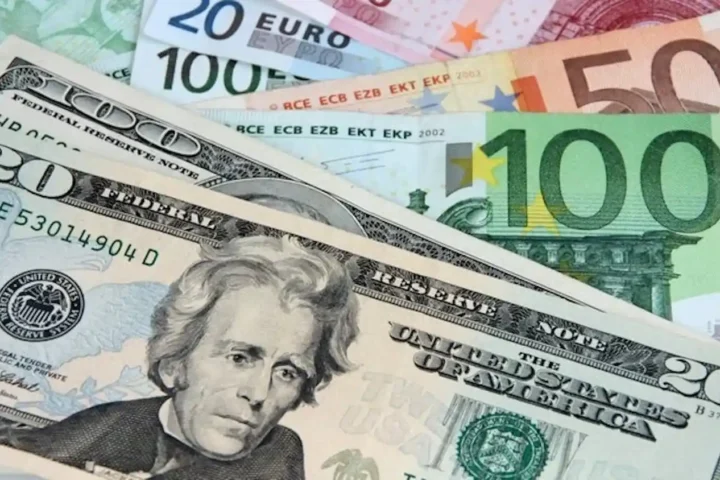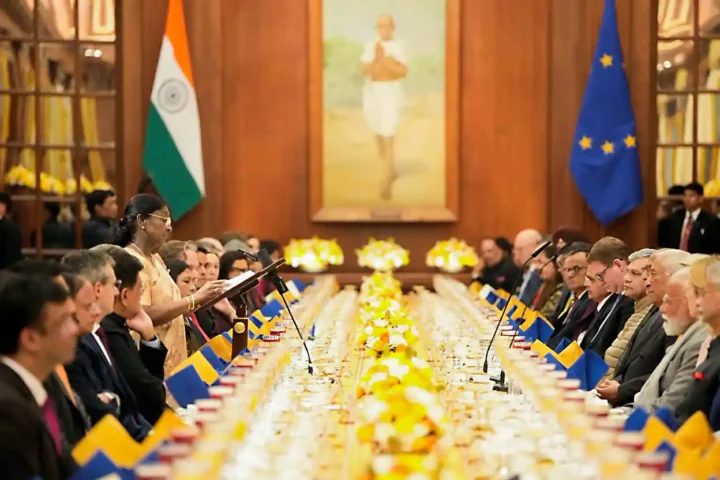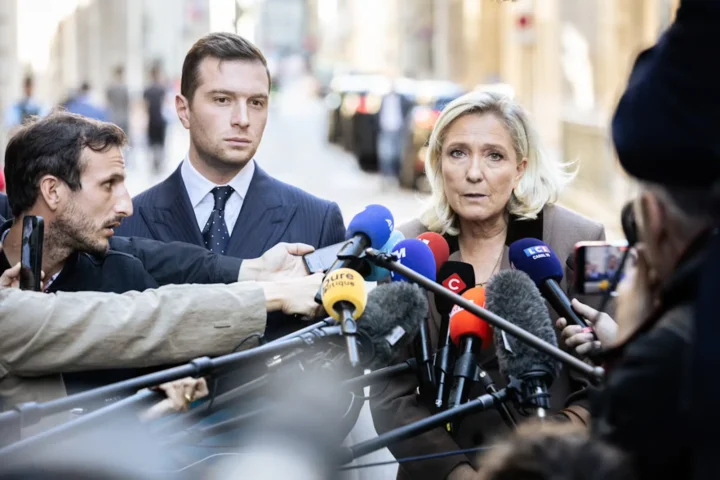President Emmanuel Macron has played many political hands during his turbulent second term, but last week he reached for what may be his final card: Sébastien Lecornu. The appointment of the 39-year-old as France’s new prime minister is not simply a reshuffle—it is a desperate attempt to break the deadlock paralyzing the French state.
Lecornu is not just another technocrat elevated by Macron. He is a confidant, a loyalist, and in the words of one government adviser, “the guy [Macron] drinks whiskey with at 3 a.m.” The two share holidays at Fort de Brégançon, the presidential seaside retreat, and Lecornu has been by Macron’s side through both crises and campaigns. This intimacy makes his rise both understandable and fraught: if Macron’s most trusted lieutenant fails, there is no obvious plan B.
A Fragile Mandate
France is now on its fifth prime minister in less than two years—a statistic that speaks volumes about Macron’s political vulnerability. The challenge is not ceremonial. Lecornu is expected to push through tens of billions of euros in spending cuts to avoid a looming debt crisis in Europe’s second-largest economy. Macron himself admits the task is “unprecedented.”
The National Assembly remains bitterly divided, and Macron’s centrist coalition lacks the numbers to impose its will. His past attempts at force—insisting on pension reform, resisting tax hikes, and refusing compromise—have only deepened the standoff. The question is whether Lecornu, with his reputation as a fixer, can forge the coalitions that Macron’s other prime ministers failed to secure.
Why Lecornu?
Lecornu is not a household name, but he has accumulated a record that commands respect within the political class. He built consensus around a massive military budget increase in 2023, persuading more than 400 lawmakers across the spectrum to sign off. He was also instrumental in helping to defuse the Yellow Vest movement, coaxing dialogue from a furious public when Macron appeared cornered.
Crucially, Lecornu straddles France’s fractured political landscape. A former conservative, he retains ties with Les Républicains. At the same time, his stewardship of defense policy during the Ukraine war earned him grudging respect from parts of the left. In a parliament where no single bloc holds sway, that credibility may prove his greatest asset.
Unlike Macron’s recent picks—elder statesmen such as Michel Barnier and François Bayrou—Lecornu has been in the trenches of parliamentary battle. He knows the shifting moods of deputies, the tactical alliances, the art of conceding just enough without surrendering. “He knows how mercurial the National Assembly is,” said one ally. “He’ll be maneuvering, he’ll be immersed in the debate.”
The Price of Compromise
For Macron, the appointment signals a possible shift in strategy. Lecornu may be given latitude to make real concessions—something denied to his predecessors. Macron himself hinted at flexibility, suggesting that unpopular ideas such as scrapping two bank holidays could be dropped. That would mark a break with the president’s habit of clinging to symbolic reforms at the cost of political paralysis.
Yet compromise comes with risk. The Socialist Party, emboldened by recent electoral gains, is already demanding a suspension of Macron’s flagship pension reform and pushing for a wealth tax on France’s ultra-rich—the so-called Zucman tax. For Macron, both are red lines. But without Socialist cooperation, Lecornu’s room to maneuver shrinks dramatically. Olivier Faure, the Socialist leader, has already warned that his party will not provide cover for Macron’s inner circle.
On the right, Les Républicains may be more pliant, but they will extract their own price in tax and spending concessions. The danger is that Lecornu finds himself caught in a bidding war between left and right, where every step toward compromise weakens Macron’s economic vision.
A Familiar Dilemma
The deeper problem is structural. Macron built his presidency on the promise of transcending left and right. In practice, he now finds himself beholden to both, without commanding either. Lecornu, with his pragmatic instincts, may navigate the immediate crisis. But the broader question remains whether Macron’s project has exhausted its coherence. France faces mounting debt, social unrest, and a polarized electorate. A prime minister—even a loyal and talented one—cannot resolve those contradictions alone.
For Lecornu, the personal stakes are high. At 39, he is young enough to see his career survive failure. But success would vault him into the front ranks of French politics, perhaps even positioning him as a Macron heir. To get there, he must deliver not only compromise in parliament but also credibility with the French public, who increasingly see politics in Paris as a closed circle of insiders.
Macron’s Gamble
Appointing Lecornu is, in many ways, Macron’s last gamble. If his trusted confidant cannot stitch together a majority, the president’s second term risks sliding into irrelevance, defined by stalemate and retreat. The irony is that Lecornu’s greatest strength—his closeness to Macron—may also be his weakness. To survive, he may need to confront his own patron, forcing Macron to accept concessions he has long resisted.
Politics is often described as the art of the possible. For Macron, who once promised the impossible, the horizon has narrowed. The appointment of Sébastien Lecornu is less about vision than survival. Whether France’s young new prime minister can deliver even that remains to be seen.











